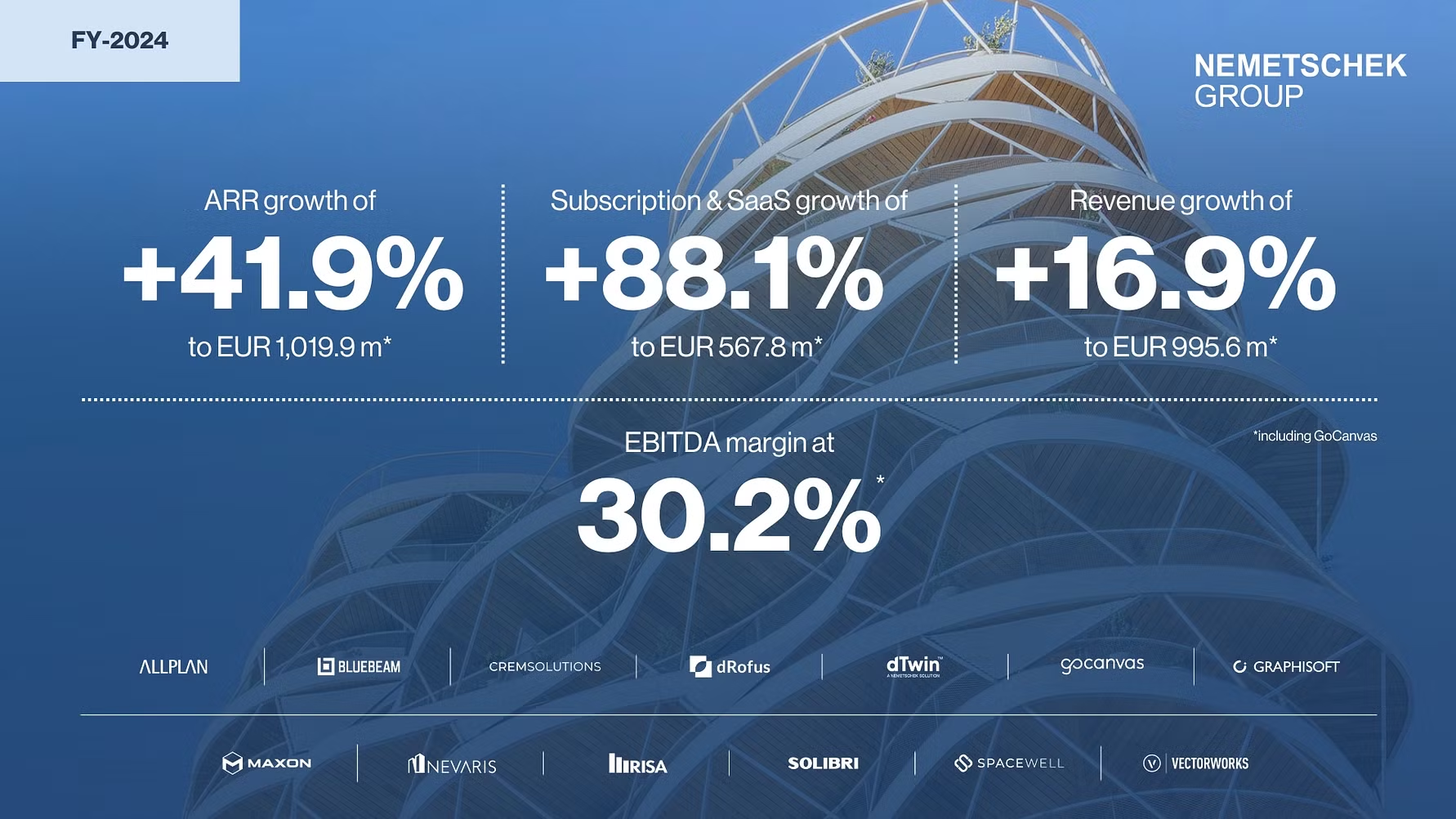PBC Today sat down with MBI’s European membership director Alan Milne, to discuss the inaugural World of Modular Europe event and how modular construction is becoming an industry staple
The Modular Building Institute (MBI) recently celebrated it’s first World of Modular Europe event in Brussels in October, where nearly 200 modular construction leaders from across the world gathered to network and share their insights.
Alan, you have been in modular construction for nearly 30 years. What initially drew you to the sector and how have you seen offsite and modular change over that time?
I, like a lot of people who joined the industry, came into it by chance. I had been in sales for a number of years and was looking for a change. I was lucky enough to get a position with one of the UK’s largest modular providers, Portakabin. The training was excellent which gave me a great understanding of all aspects of the industry, and I knew that this was an industry that I really enjoyed.
The biggest change over the years I have experienced is the perception of the modular building process delivering a quality product. Previously modular construction was seen only as a temporary solution and/or for an emergency purchase. Although these events still play a big part in the modular industry, there is now a greater understanding that Modular building systems offer a high quality, premium product.
MBI recently held its inaugural World of Modular Europe event- why was Brussels chosen as the hosting city?
Creating a European presence, we needed to look at a location that was at the centre of all things European. From a business and commercial stand point Brussels is the logical choice as it is the de facto capital of Europe, being the location of the European Commission HQ which is incidentally right beside our new MBI office. It is also well positioned geographically and easily accessible by all modes of transport.
I believe that Brussels was the best choice to launch the World of Modular event and the MBI’s European intent.

How was your experience at World of Modular Europe and what should we look forward to for next year’s event?
The event had a really positive atmosphere, everyone was fully engaged in discusions and willing to discuss their own challenges within the industry. I also observed many new business connections being made and opportunities discussed. For a European event we had delegates attending from Middle East, Malaysia, Australia as well as throughout Europe and North America.
There will be lots to look forward to. We have a solid foundation to build on (excuse the pun) going forward and the activities and values that we will be developing over the next 12 months will ensure that each event is constantly offering more to its members and more importantly, continue to attract new members.
Offsite and modular construction has fantastic potential to energise multiple European construction industries and economies. Where have you seen the best example of their use so far? And where do you think the next forefront of offsite use is?
There has been a huge pick up and improved understanding of modular construction, especially in the housing sector. This has come about due to the skills shortages in traditional construction and the requirement for fast track building programmes to meet with residential housing demands across Europe.
Although this is a great example of how modular construction offers a solution to a construction issue, there are still many legislation challenges that need to be overcome to ensure that there is a longer term solution for the modular industry. Investing in modular factories, with higher fixed overheads compared with traditional construction, requires a constant order book for companies to stay viable and equally important keep investors happy.
There are various reasons as why legislation can be a blocker on pipe line orders. This is an example of one of the challenges that we hope to be working on with our European partners to keep the industry moving forward.














